Impact to Revenue
During the annual budget planning process, we review available revenues, expenses and projections for the coming year. This year, revenues are impacted by numerous uncertainties. We are unsure when our students and workforce will fully return to campus. Fall enrollment projections are widely varied, as are models for instruction which range from fully on-campus to fully online. Our national economy has seen substantial disruption. All of these uncertainties informed our budget planning.
Planning for fiscal year 2021 was driven by the reality that the university has experienced financial setbacks due to COVID-19, and more revenue losses are expected in the months to come. This tremendous financial pressure is not unique to UTSA – most all of our fellow institutions of higher education are grappling with the same challenges, and it is important to understand their magnitude.
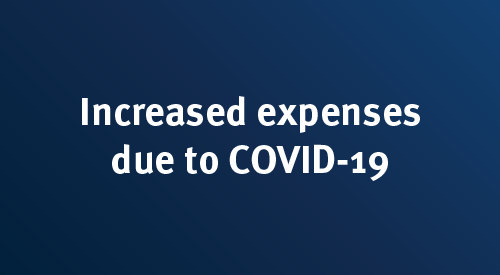
In March 2020 alone, the university saw $14.6M in unanticipated expenses related to preparations to transition to online instruction and telecommuting. Additional costs are still being tracked. We expect the total increased expenses to be on the order of $30M.
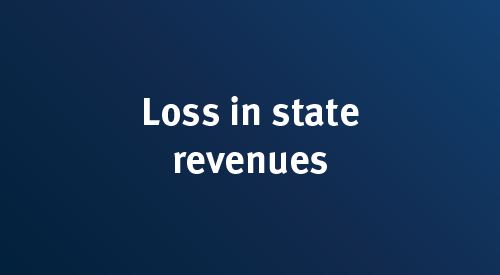
The funding UTSA receives from the state is directly tied to Texas’s economic condition. Revenues from state sales tax, oil/gas and other sources have steeply declined at an unprecedented pace and are likely to remain impaired for the foreseeable future. UTSA has been told to anticipate recovery of monies already dispersed from the state which will affect FY21, the second year of our biennial appropriation. Both the exact amount and the potential mitigation of impact through rainy day funds are not yet clear. The forecast around the FY22/23 biennium indicates further belt tightening will be necessary.
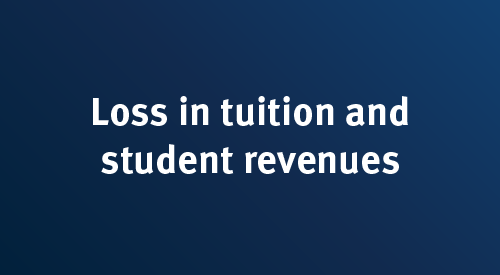
While tuition revenue was not reduced in the spring 2020 semester, we did rebate the remainder of spring semester housing, dining and parking charges to students. We also extended significant emergency funds to students for essential needs. Though upcoming enrollment numbers look strong so far, we expect that increased need for financial aid and general concerns among families regarding sending their students to school this fall will have negative impacts on enrollment revenues. Our decisions around fall semester operations may also impact enrollment.
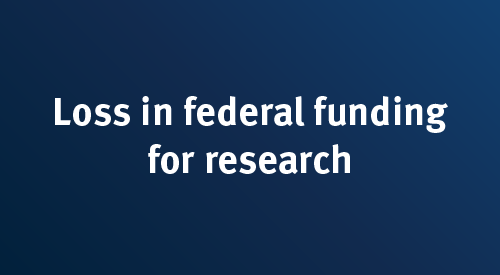
Tragic national events such as Hurricane Katrina and 9-11 have shown us that the resulting negative effects on our nation’s economy can sometimes last for more than a decade. This will likely lead to a reprioritization of federal research appropriations in the short and long-term.
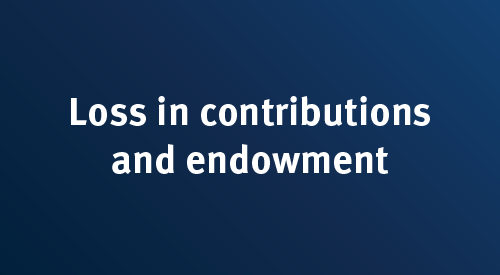
Understandably, our unstable economy refocuses philanthropic priorities. We can expect individuals to focus their contributions to entities on the front lines of battling this crisis. We continue to plan for UTSA’s comprehensive campaign, but its timing will necessarily be influenced by the condition of our economy. UTSA’s endowment is expected to see substantial losses due to the market’s downturn.

Out of the nearly $30M UTSA will receive from the federal CARES Act, $15M was designated for emergency student aid. The remaining $15M is one-time funding to partially offset unexpected costs associated with the pandemic. A significant portion of these funds will go to student scholarships.